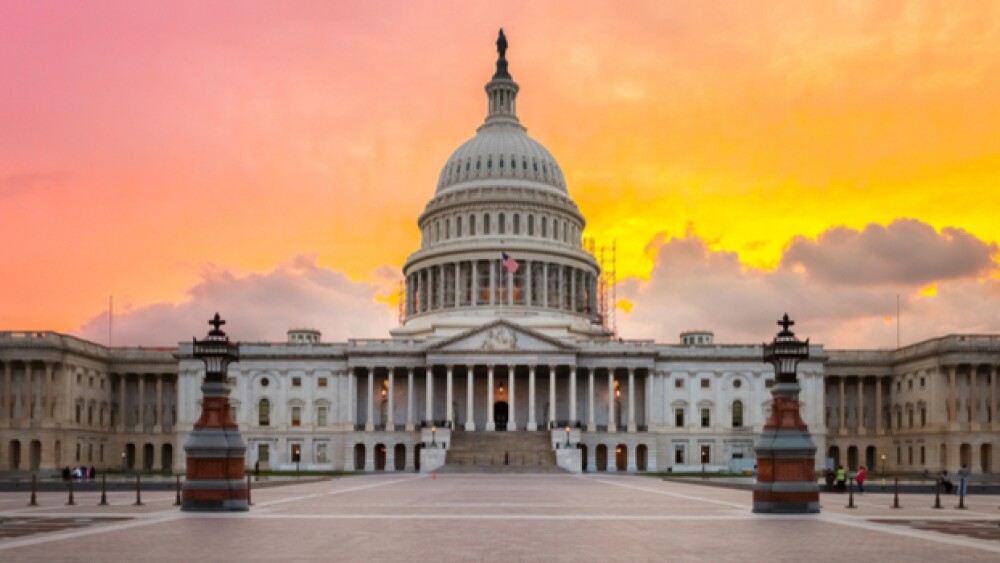Seven pharma executives will enter the Congressional crucible next week as they face questions and concerns over the rising costs of prescription drugs.
Seven pharma executives will enter the Congressional crucible next week as they face questions and concerns over the rising costs of prescription drugs.
On Tuesday, the seven company leaders will face members of the Senate Finance Committee as pricing of medicine has reached a furor across the country. The CEOS of Pfizer, AstraZeneca, Merck, Johnson & Johnson, AbbVie, Bristol-Myers Squibb and Sanofi will face a firestorm of questions over price hikes of branded drugs, as well as the ever-increasing price of insulin, a necessity for diabetic patients.
In its analysis of the coming debate, STAT News put together something of a playbill for the group it refers to as the Gang of Seven. Stat noted that its report is a synopsis of the “quirks, qualifications, and questionable decisions” each of the executives will bring to the Senate hearing.
AstraZeneca’s Pascal Soriot, who Stat dubbed “the fighter,” has experience speaking to lawmakers about his company. However, Stat noted that Soriot has a tendency to “go off script,” which the publication said often gets him in some trouble public relations wise. When it comes to drug pricing though, Soriot was among the first to embrace the recent proposal from the Trump administration to eliminate drug rebates.
Merck’s Kenneth Frazier, who has been called “the saint” by Stat will likely be the one company leader who could make the Senate happy, in part due to the lack of issues surrounding insulin prices or corporate mergers that could be seen as tax-dodging attempts that need defending. Last year, Merck lowered the price of some of its older drugs, including a 60 percent reduction in the price of Zepatier, a drug for hepatitis C. Most of the drugs that Merck discounted prices on have not been significant revenue drivers for the company.
Sanofi’s Olivier Brandicourt will undoubtedly be taken to task over the price of insulin. As Stat noted, the company’s leading insulin product Lantus has seen significant price increases over the past decade. Additionally, the company has aggressively challenged generic competition for its insulin product. In its analysis, Stat said Sanofi has filed more than 70 different patents to protect Lantus revenue and has also taken two companies to court to block generic competition.
Richard Gonzales, CEO of AbbVie, will be on the hot seat for its blockbuster drug Humira. AbbVie has been highly protective of its product, which is the world’s best-selling drug and in 2017 generated $18 billion for the company. AbbVie has created a thicket of patent protection in the United States that will prevent biosimilars being sold in the U.S. until 2023. Since it was first approved more than 20 years ago, the price of Humira has continued to climb and is now priced at about $38,000 per year. That will be something that Gonzales will certainly be questioned about.
Pfizer CEO Albert Bourla, who was tapped to replace Ian Read last fall, has only been at the helm of the company since the beginning of 2019. Bourla, who has been with Pfizer for 25 years, will be grilled over his company’s decision to raise the price of numerous drugs this year. In January, the company increased the price of 41 drugs between 5 and 10 percent. While Pfizer is increasing the prices of those drugs, the company said the higher costs are expected to be offset by higher rebates and discounts paid to insurance companies and pharmacy benefits managers.
Giovanni Caforio, the head of BMS, may be the focus of ire for one small thing – the $74 billion acquisition of Celgene. That transaction brings cancer drug Revlimid under the BMS umbrella, which has seen a number of price increases over the year.
The only non-CEO to appear before the Senate committee is J&J’s Jennifer Taubert. An executive vice president of the company, she typically represents J&J with the industry lobbying groups PhRMA and BIO. Also, she’s been a proponent of the company’s pricing transparency plans to include pricing of medications in television advertisements.





